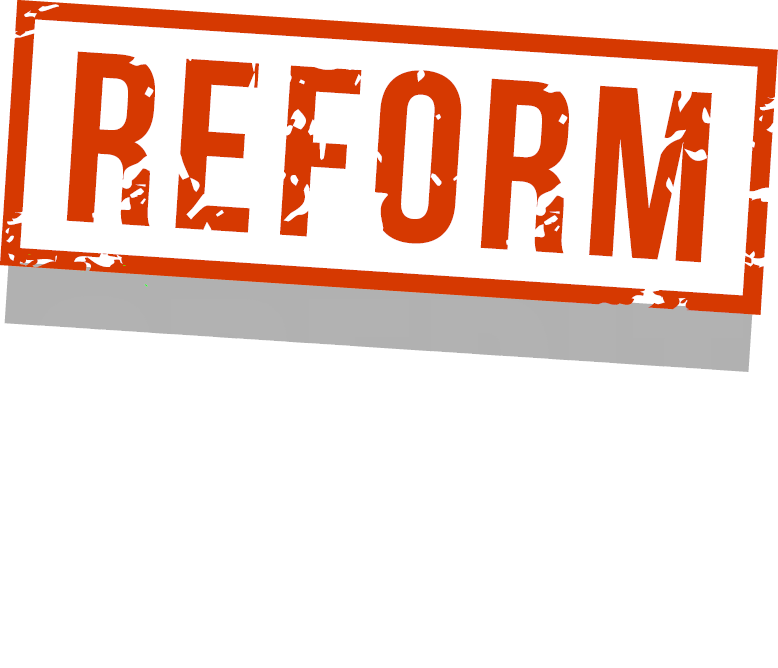news
- May 31, 2024
The Houston-area Texas Dow Employees Credit Union (TDECU), a $4.7 billion financial institution that has spent tens of millions of dollars on stadium naming rights and doubled in size over the last decade, announced its intent to acquire a $1.2 billion Louisiana bank. The bank “specializes in commercial loans,” reflecting a broader trend in CU acquisition targets, and will expand TDECU’s geographic presence throughout Louisiana and Texas.
